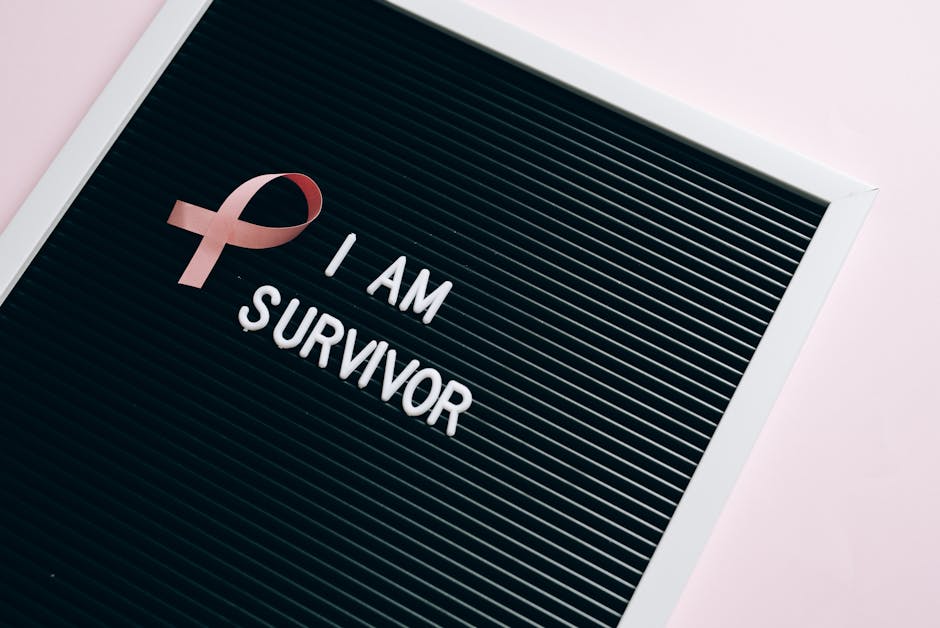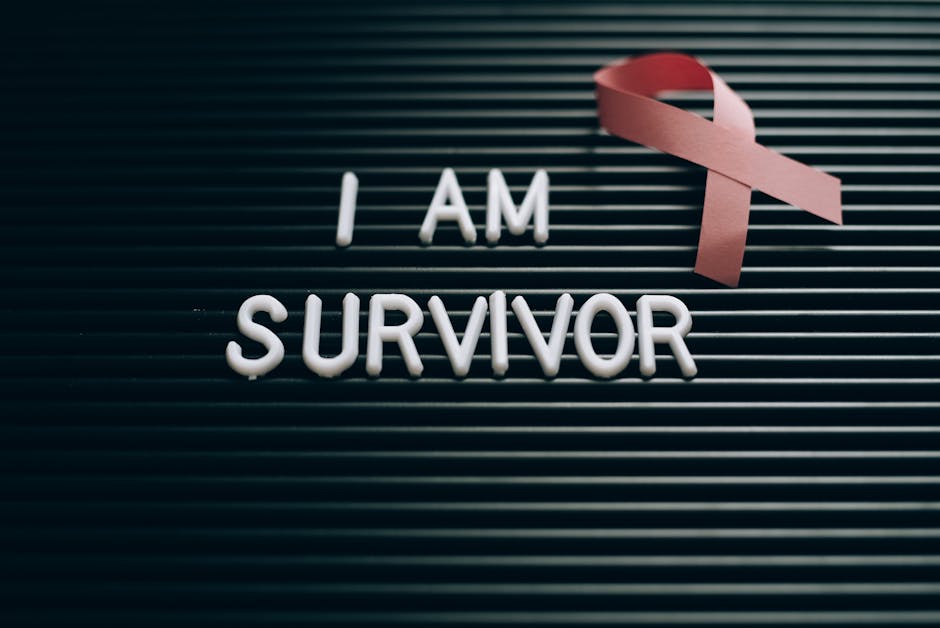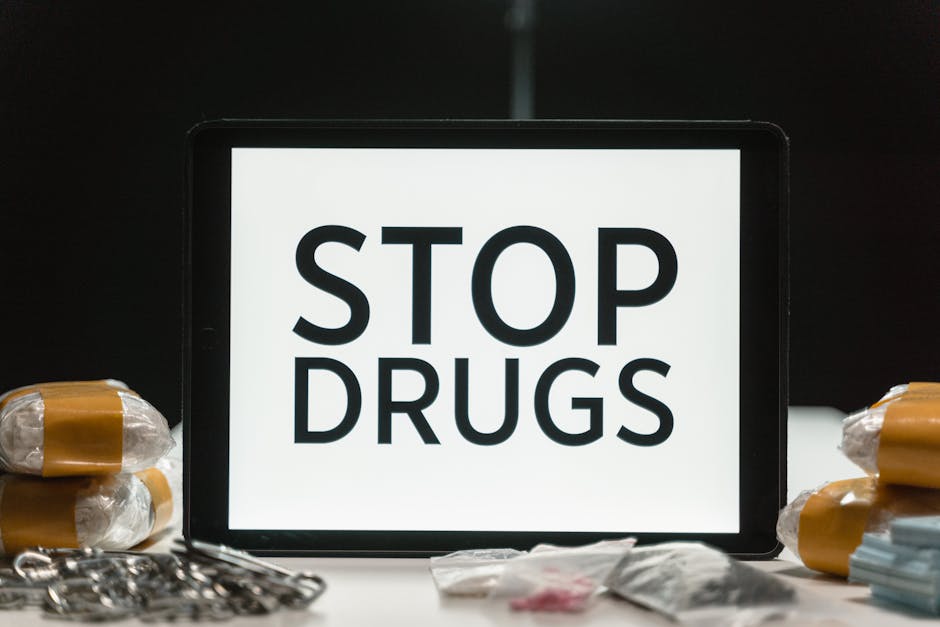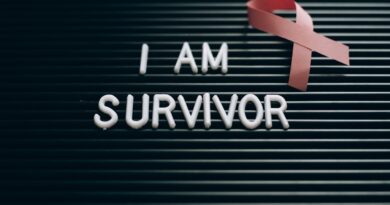Overcoming Shame in Addiction Recovery
Shame is a powerful emotion that can often accompany addiction. Individuals struggling with substance abuse may experience feelings of guilt, embarrassment, and self-blame, which can hinder their recovery journey. Overcoming shame in addiction recovery is a crucial aspect of healing and moving towards a healthier, more fulfilling life. In this article, we will explore the complexities of shame in addiction, how it manifests, and strategies to overcome it.
The Impact of Shame in Addiction

Shame is a complex emotion that goes beyond feeling guilty for one’s actions. It involves a deep-seated belief that one is fundamentally flawed or unworthy of love and acceptance. In the context of addiction, shame can be both a cause and a consequence of substance abuse.
Individuals struggling with addiction may feel ashamed of their inability to control their substance use, leading to a downward spiral of self-destructive behaviors. This shame can also be exacerbated by societal stigma surrounding addiction, making it difficult for individuals to seek help or support.
Moreover, shame can be a barrier to recovery, as individuals may feel unworthy of healing or believe that they do not deserve a better life. Overcoming shame in addiction recovery requires a compassionate and non-judgmental approach to self-forgiveness and self-acceptance.
Understanding the Roots of Shame

Shame is often rooted in childhood experiences, such as trauma, neglect, or abuse. Individuals who have experienced significant emotional pain or rejection in their formative years may develop a deep sense of shame that persists into adulthood.
In the context of addiction, shame can be further compounded by societal attitudes towards substance abuse. The stigma associated with addiction can lead individuals to internalize negative beliefs about themselves, contributing to feelings of shame and unworthiness.
It is essential for individuals in recovery to explore the underlying causes of their shame and work towards healing these emotional wounds. Therapy, support groups, and self-reflection can all be valuable tools in this process.
Challenging Shame-Based Beliefs

Overcoming shame in addiction recovery involves challenging and reframing shame-based beliefs. Individuals must learn to separate their actions from their inherent worth as human beings. Recovery is a journey of self-discovery and growth, and it is essential to cultivate self-compassion and self-acceptance along the way.
Therapeutic techniques such as cognitive-behavioral therapy (CBT) can be helpful in identifying and changing negative thought patterns associated with shame. By replacing self-critical beliefs with more positive and empowering narratives, individuals can begin to heal from the emotional wounds of addiction.
Support from peers, loved ones, and mental health professionals is also crucial in challenging shame-based beliefs. Building a supportive network of individuals who understand and validate one’s experiences can help individuals feel less isolated and more hopeful about their recovery journey.
Cultivating Self-Compassion

Self-compassion is a key component of overcoming shame in addiction recovery. Instead of harshly judging oneself for past mistakes, individuals must learn to treat themselves with kindness and understanding. Self-compassion involves acknowledging one’s humanity and imperfections while striving for growth and healing.
Practicing self-care activities such as mindfulness, meditation, and journaling can help individuals cultivate self-compassion and build resilience in the face of shame. By connecting with their inner selves and nurturing a sense of self-worth, individuals can begin to let go of the burdens of shame and move towards a more positive and fulfilling life.
Embracing Vulnerability
Vulnerability is often seen as a weakness, but in reality, it is a strength. Opening up about one’s struggles, fears, and insecurities can be a powerful tool in overcoming shame in addiction recovery. By sharing their stories and experiences with others, individuals can break the cycle of shame and isolation.
Support groups such as Alcoholics Anonymous (AA) and Narcotics Anonymous (NA) provide a safe space for individuals to be vulnerable and authentic about their journey towards recovery. By connecting with others who have walked a similar path, individuals can find validation, acceptance, and support in their recovery process.
Embracing vulnerability also involves setting boundaries and practicing self-care. Individuals in recovery must prioritize their emotional well-being and surround themselves with people who uplift and empower them on their journey towards healing.
Seeking Professional Help
Overcoming shame in addiction recovery may require professional assistance. Mental health professionals, therapists, and counselors can provide individuals with the tools and strategies they need to work through their shame and cultivate self-compassion.
Therapeutic modalities such as dialectical behavior therapy (DBT), acceptance and commitment therapy (ACT), and eye movement desensitization and reprocessing (EMDR) can be effective in addressing shame-based beliefs and trauma related to addiction. These evidence-based approaches help individuals process their emotions, reframe negative thought patterns, and develop healthy coping mechanisms.
It is essential for individuals in recovery to seek out qualified professionals who specialize in addiction and trauma therapy. By investing in their mental health and well-being, individuals can overcome shame and build a strong foundation for lasting recovery.
Practicing Mindfulness and Gratitude
Mindfulness and gratitude are powerful practices that can help individuals overcome shame in addiction recovery. By staying present in the moment and appreciating the blessings in their lives, individuals can cultivate a sense of inner peace and contentment.
Practicing mindfulness involves paying attention to one’s thoughts, feelings, and sensations without judgment. By observing their inner experiences with curiosity and compassion, individuals can develop a greater awareness of their emotions and triggers related to shame.
Gratitude is another powerful tool in overcoming shame. By focusing on the positive aspects of their lives and expressing gratitude for the blessings they have, individuals can shift their perspective from self-criticism to self-love.
Conclusion
To wrap things up, overcoming shame in addiction recovery is a challenging but essential part of the healing process. By exploring the roots of shame, challenging shame-based beliefs, cultivating self-compassion, embracing vulnerability, seeking professional help, and practicing mindfulness and gratitude, individuals can overcome the emotional barriers that hinder their recovery journey.
It is important for individuals in recovery to remember that they are not defined by their past mistakes or struggles. Recovery is a journey of growth, self-discovery, and healing, and by addressing shame head-on, individuals can move towards a brighter and more hopeful future.
If you or someone you know is struggling with addiction and shame, remember that help is available. Reach out to a mental health professional, therapist, or support group for guidance and support on your journey towards recovery. You deserve healing, happiness, and a life free from the burdens of shame.




